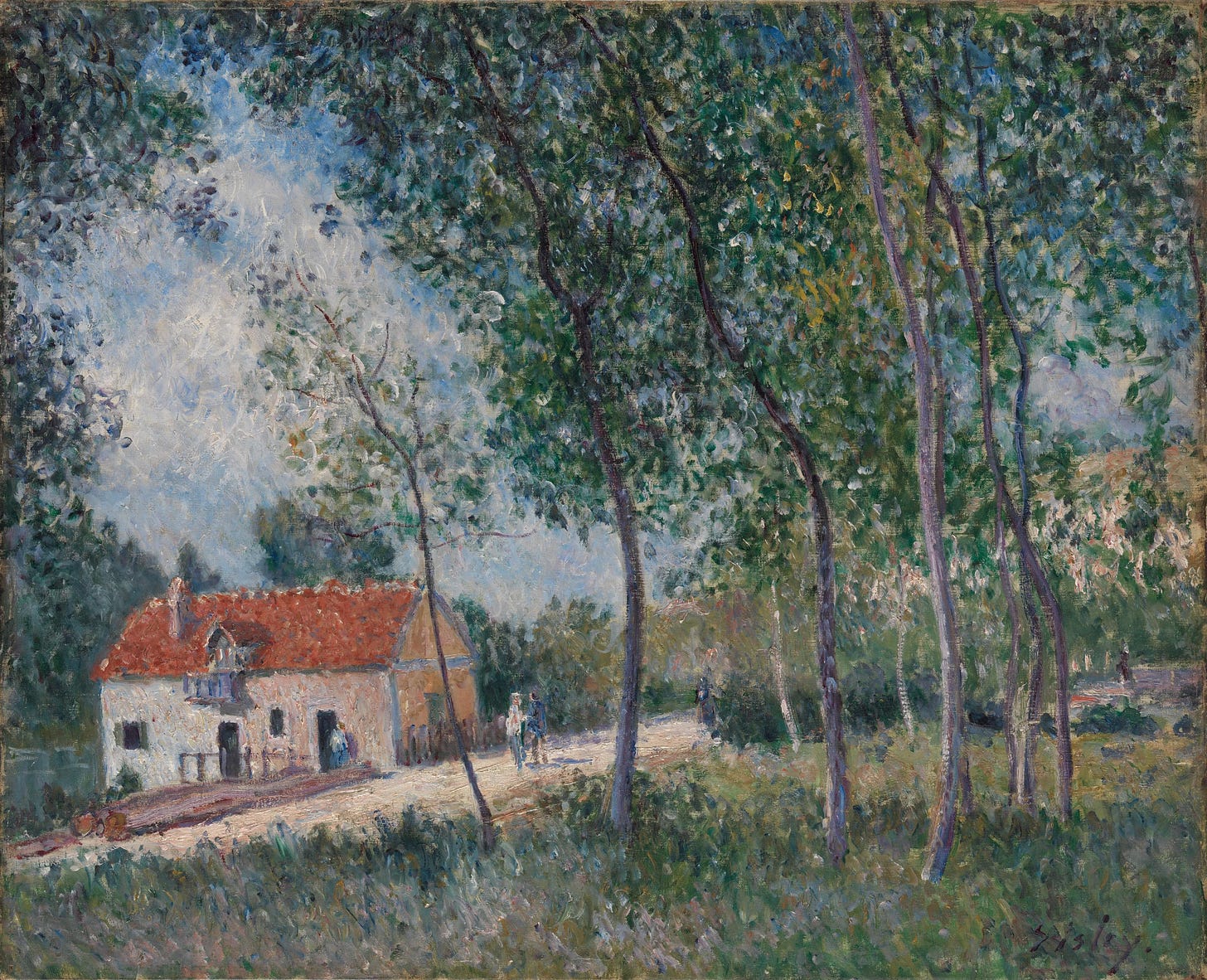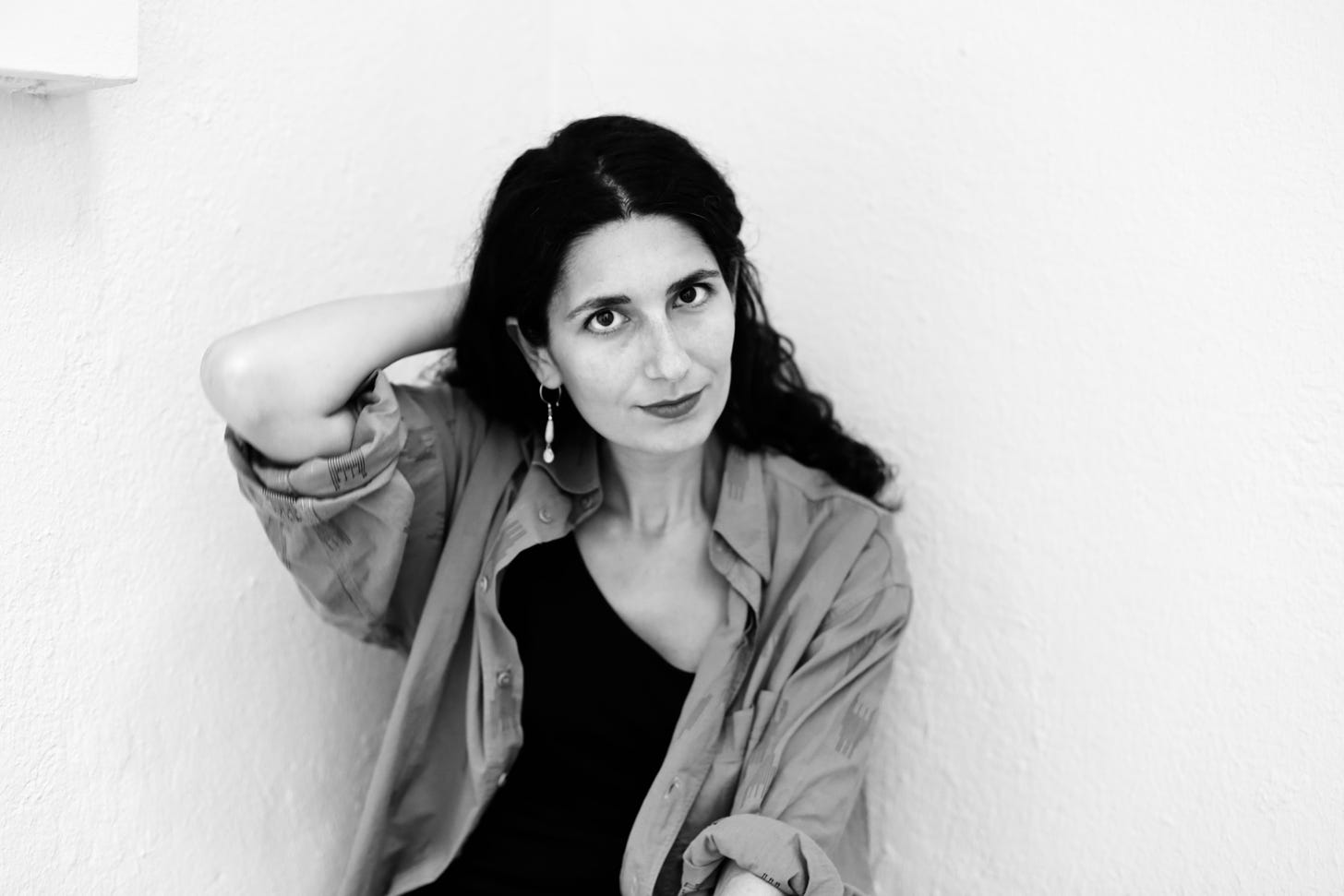
Editor’s note
My notes, in preparation for the writing of this introduction, formed a web of densely concentrated insight on the human experience courtesy of Ayşegül’s latest novel, The Anthropologists. The book follows its main character, Asya — a documentary filmmaker — through the kind of rich chronicling of her everyday life that is often offered within the context of anthropological writings. The small, in this way, is made large, expanding to fill the container of major narrative events in ways that would typically be reserved for moments of high drama.
“Daily life,” Asya says at one point in the novel, “was a difficult story to tell.” Her grandmother responds by urging her to “forget about daily life,” because, in her view, “no one cares about that.” Yet, as the widely regarded success of this novel makes clear, there are, in fact, a great many people who care about that. If in your reading you enjoy attention to detail, incisively rendered commentary, and vivid jolts of emotion, you’ll enjoy not only this interview but also its author’s work in general, which you can find everywhere from The Paris Review to The New Yorker to the shelves of your favourite bookstore.
Jana M. Perkins
Founder, Women of Letters
Ayşegül Savaş is the author of the novels Walking on the Ceiling, White on White, and The Anthropologists. Her first non-fiction book The Wilderness is forthcoming in October. Originally from Turkey, she lives in Paris.
How did your childhood shape your ideas about what work looked like and what was possible for you?
Ayşegül Savaş: I was a timid, pensive child. And I was quite slow: I didn’t like competition, races, debates, having to hurry up. This must be one reason why I loved reading, spending hours in the school library alone or in bed imagining other lives.
At the same time, my family moved many times due to my father’s work as a diplomat. His profession was at the center of all our lives. I suppose this must have set an example for the way that work could be part of one’s life; how it could be life itself. But it took me a long time to discover what this work might entail for me; how to do the type of slow daydreaming that seemed to be my natural state.
Fast-forward to today. How did the path to what you’re doing now unfold?
AS: I was always very interested in literature, but I never considered that I could study it. It seemed too easy, or indulgent. I studied anthropology in college and spent the years after graduation working whatever administrative, tutoring, and babysitting jobs I was offered. I did not really stand out in my academic accomplishments, and I didn’t get the types of intellectually stimulating jobs in the social sciences that I thought should be my career path.
I had, at this time, moved to California where my boyfriend was completing his PhD. When my U.S. visa expired, I decided to apply to graduate schools just so we could be together. I’d been writing short stories during my lunch breaks and thought I could maybe get into a writing program. In part because I wanted to write, and in part because I didn’t seem to be good at anything else. This is all to say that I wouldn’t have started writing if I had gotten an interesting job after graduation, or started a graduate program in anthropology.
I got into a writing program where I continued writing short stories even though I didn’t have much direction: I did not get any fellowships or prizes. I was not published. It seemed that I was possibly wasting my time. After graduation, my boyfriend (now husband) and I moved to Paris where I tutored high schoolers and my husband started a university research position. I was still writing, but without any conviction.
The following year, I attended a cultural journalism workshop in Mexico, thinking that it might be more realistic to do journalistic work. The writer teaching the workshop, Jonathan Levi, advised me to start a novel, having noticed my desire to tell stories and my general lack of direction. It was as if I’d been waiting for someone to tell me this; it was the only encouragement I needed. I wrote and revised my first novel in the following three years, quickly found an agent and published it.
“I was always very interested in literature, but I never considered that I could study it. It seemed too easy, or indulgent.”
Tell us about some of the projects, ideas, or questions you’re currently working on.
AS: I am working on a novel set in Mexico, told through the lens of a journalist reeling from a sudden divorce. It tackles notions of authenticity. Like all my other work, it questions what it means to be a “foreigner” and what it means to be “native,” the ways in which we feel at home in or estranged from the world; the ways our identities shift in different landscapes and with different people.
What do you wish you’d started doing sooner?
AS: I can be very self-doubting, especially when doing something new. In some ways, this has actually been a helpful characteristic for me in becoming a writer. As I said, I wanted to do other types of work when I finished college but never really committed to pursuing things after a rejection or two.
Writing was something I did on the side, as an escape from the many unrewarding jobs I worked during those years when I was a little lost. But I wish that once I started writing more seriously, I’d doubted myself less, had not waited for approval for every little thing I wrote. But who knows, perhaps this was my natural trajectory: it takes a long time to find one’s voice.
What book have you most often gifted to others?
AS: Natalia Ginzburg’s The Little Virtues
When you think of women who have inspired or influenced you, who comes to mind?
AS: When my husband and I first moved to Paris, we became friends with our neighbor, an older poet named Anne Atik. Anne was very joyful, very curious and warm and we met her often for dinners to read poetry together. I have written about her in essays as well as in fiction. She has had a profound influence on how I would like to live and grow old.
“It was as if I’d been waiting for someone to tell me this; it was the only encouragement I needed. I wrote and revised my first novel in the following three years, quickly found an agent and published it.”
Outside of your work, what’s something you feel you’ve thought about more deeply than most other people?
AS: As a writer, everything I think about deeply somehow makes its way into my novels, short stories, and essays. In this way, writing has always seemed to me a very expansive career, which allows its practitioner to live many different lives.
Tell us about a time when you had to take a big risk in order to move forward. What did that experience teach you about how to navigate difficult circumstances?
AS: I’ve never been able to answer this question (perhaps this is why I never managed to get a serious job!) in part because I don’t think of moving forward as such.
I have taken risks—moving to California without a job or money in order to be with my boyfriend, where I lived, basically in hiding, in his dorm room for a year. You can say I was taking a risk, for the sake of our relationship. Or you can say I was being irresponsible! At the time, I was only following my instinct, doing what I wanted.
One thing I’ve learned about myself is that I find it very hard to do things I don’t want to. I find a way of resisting it, slipping out of it, in my own slow but determined ways.
Where do you feel the most scarcity in your life? Where do you feel the most abundance?
AS: I have a young child and for this reason feel a scarcity of time and spontaneity and an abundance of love and schedules.
“Writing has always seemed to me a very expansive career, which allows its practitioner to live many different lives.”
What keeps you going?
AS: Reading. Conversations with friends. Seeing trees and clouds.
Where can our listeners and readers find you?
AS: In my novels and short stories.
We corresponded with Ayşegül over email. Our exchange has been edited for clarity.








To live many different lives: An interview with Ayşegül Savaş